Abstracts Due June 30 for Performing #MeToo: How Not to Look Away
CALL FOR PROPOSALS (BOOK)
Performing #MeToo: How Not to Look Away
Editor: Judith Rudakoff
Abstracts Due June 30
“Suggested by a friend: ‘If all the women who have been sexually harassed or assaulted wrote ‘Me too.’ as a status, we might give people a sense of the magnitude of the problem.”
This tweet by Alyssa Milano, sent on October 15, 2017, opened the flood gates to an outpouring of testimony and witnessing across the Twitterverse that subsequently reverberated throughout social media. Facebook status lines quickly began to read “Me too,” and the hashtag #MeToo was trending. Abby Ohlheiser wrote in The Washington Post on October 19, 2017, “#MeToo has produced a kind of unity by volume, but when you speak to individual women about it, you find a wide range of responses — empowerment, exhaustion, solidarity, trauma.”
The original MeToo movement began a decade earlier, in 2006, when African American activist Tarana Burke adopted the phrase as part of her campaign to raise awareness of sexual violence against women. Today’s provocative campaign has inspired not only awareness, testimony, and witnessing, but also artistic response.
This CFP invites the international community of scholars and artists to contribute essays to a book that will focus on the diversity of responses to and critical engagement with live performance emanating from or dramatizing issues and experiences central to the #MeToo movement.
Essays might examine contemporary work, or adaptations of works from other eras, re-imagined in a #MeToo context. A wide range of cultural voices reflecting a diversity of perspectives is encouraged.
Critical engagement with live performance that blurs boundaries between genres or is outside of conventional theatre form is also encouraged. (For example, discussion and close reading of Kesha’s moving #MeToo performance of “Praying” at the 2018 Grammy Awards.)
Essays should document, analyze, and interrogate specific performances and the contexts that inspired them.
Abstracts of up to 500 words should be submitted on or before June 30, 2018 (to rudakoff@yorku.ca with the subject line #MeToo: your surname) as a double-spaced MS Word file attachment and should include a brief biographical note and indication of professional affiliation.
Anticipated production schedule (subject to change)
Abstracts due June 30 2018
Papers due December 30 2018
Revised papers due May 1 2019
Manuscript submitted to publisher (Intellect Books UK) June 30 2019
Full articles will be due on or before December 30, 2018, and should be submitted (to rudakoff@yorku.ca with the subject line #MeToo: your surname) as a double-spaced MS Word file email attachment following the editorial style of Chicago Manual of Style 16th Edition. Articles should be written in English and 5,000-7,000 words in length (including notes), although shorter pieces will be considered. Please include a brief biographical note with the final submission of up to 500 words that includes your affiliation.
Please address any questions to:
Judith Rudakoff (Dr.)
Professor
Theatre Department
Centre for Film & Theatre
York University
Toronto, Ontario, Canada
